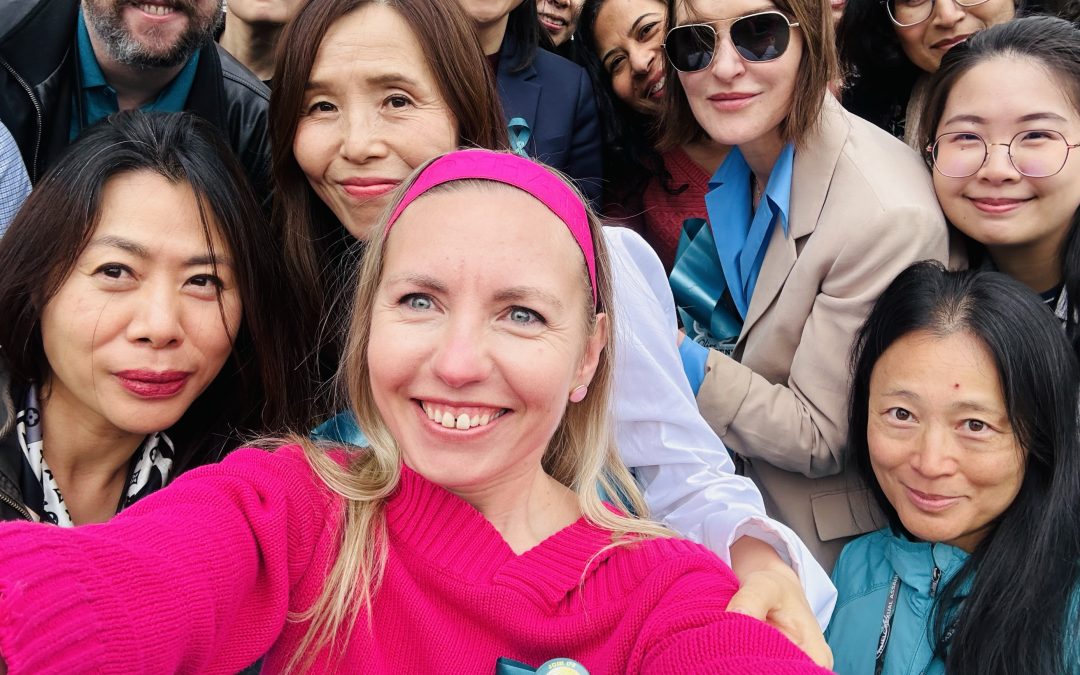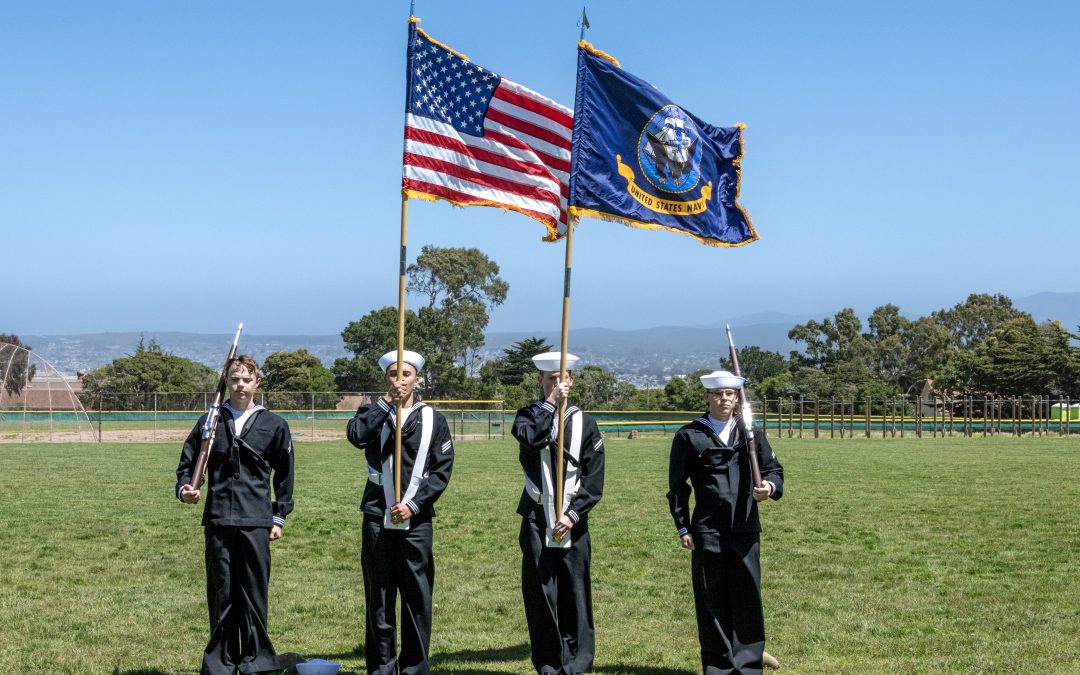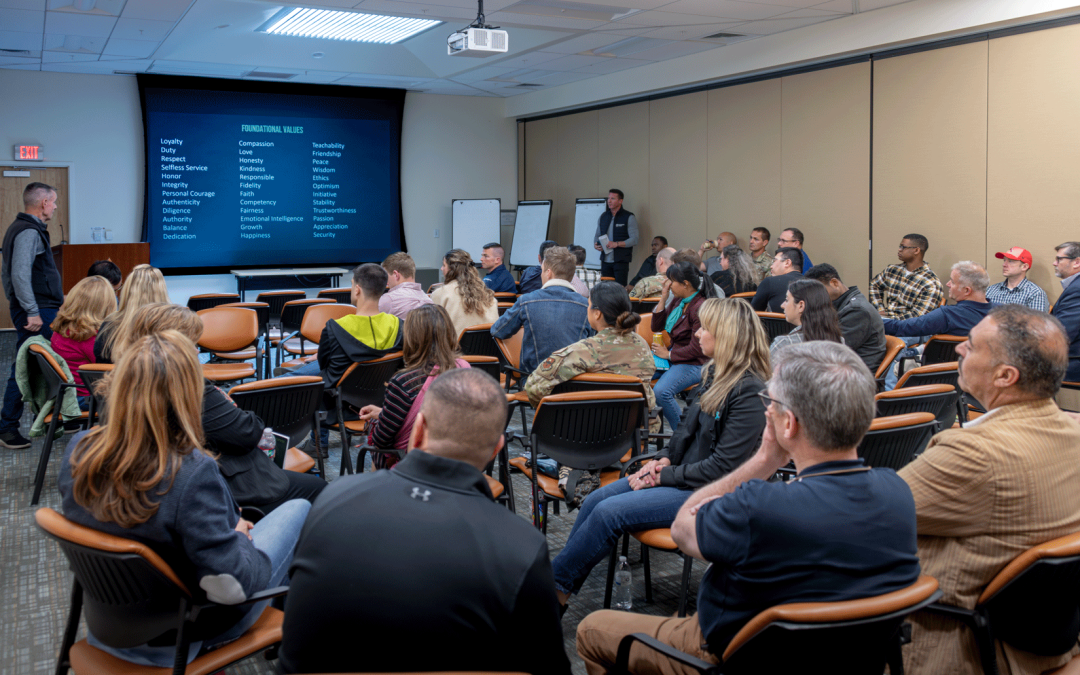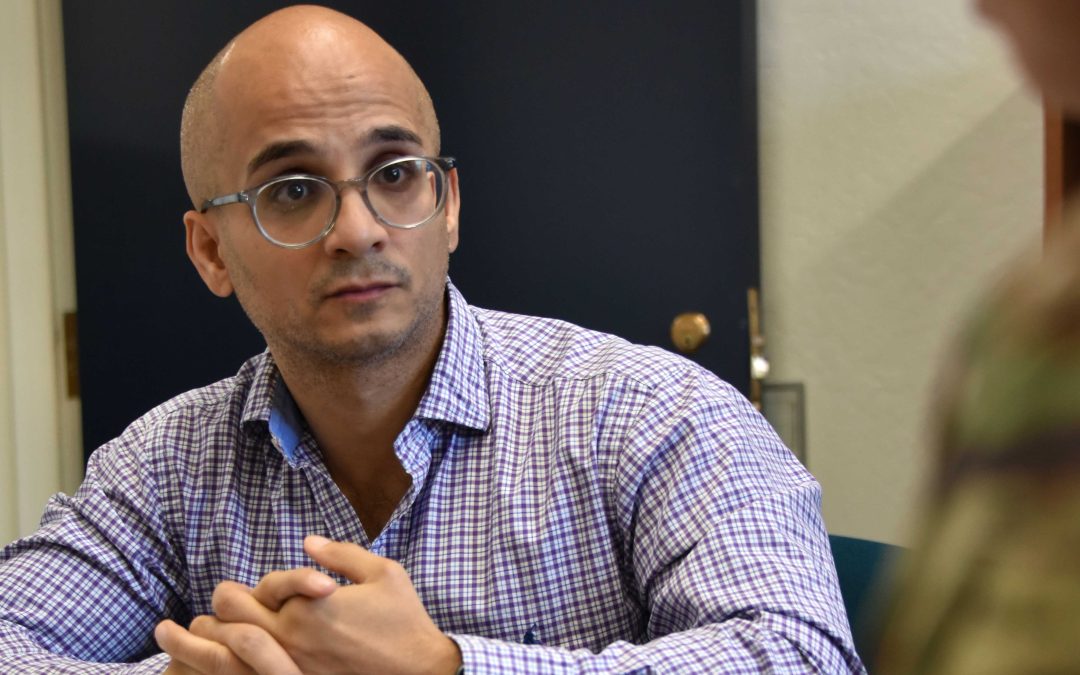By Patrick Bray
DLIFLC Public Affairs
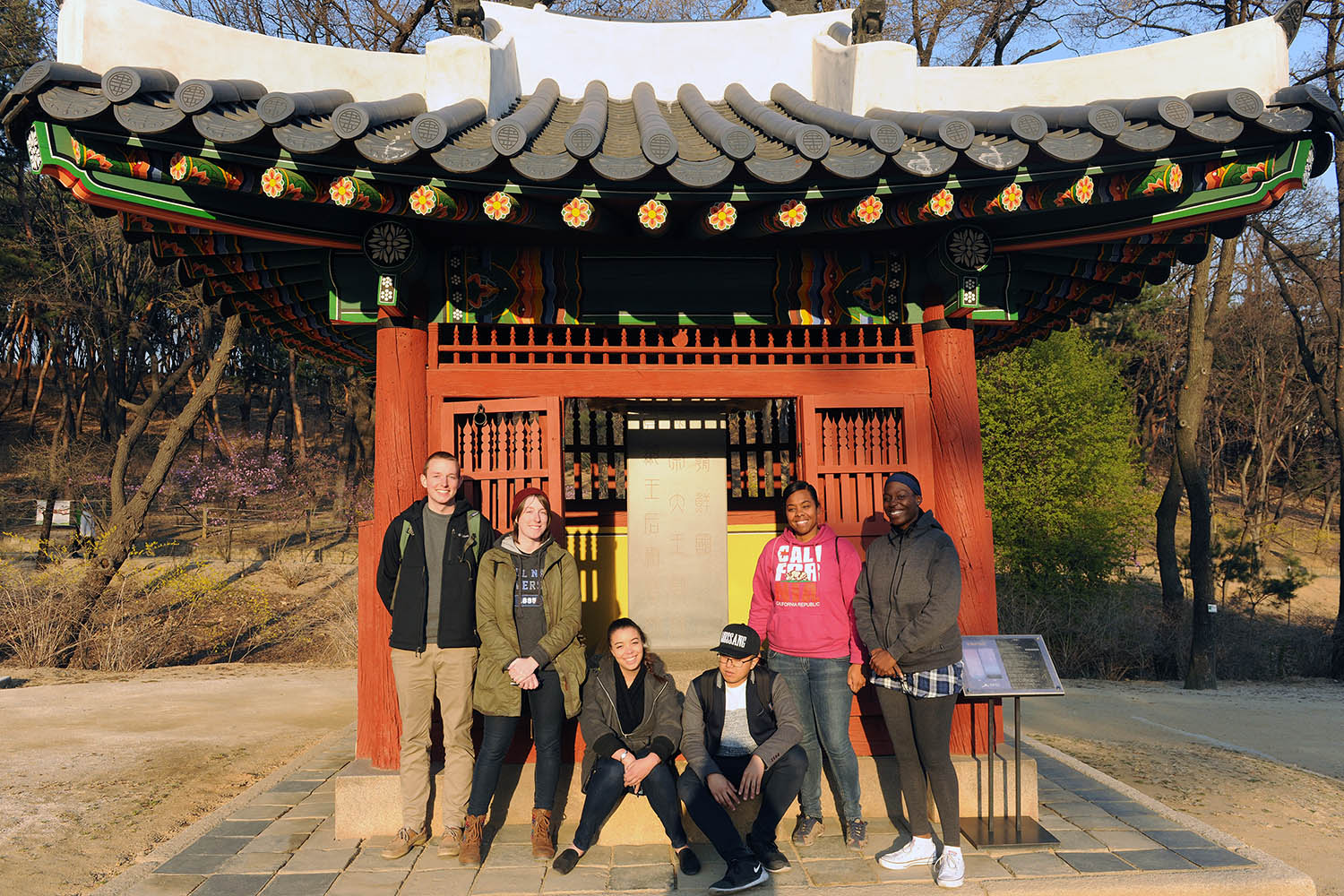
Sgt. Renee Greene (second from right), a Korean Military Language Instructor, escorts Defense Language Institute Foreign Language Center immersion students on a cultural tour in Seoul, Korea April 2015. Greene, as an MLI, motivates and encourages Korean students to successfully graduate from the institute. (Photo by Natela Cutter, DLIFLC Public Affairs)
MONTEREY, Calif. – Most people think military instructors only teach tactical and technical know how to young service members, help them enhance communication skills and uphold their appearance and military bearing.
What Sgt. Renee Greene does, as military language instructor at the Defense Language Institute Foreign Language Center’s Korean School, goes far beyond the ordinary teacher. She actually instructs Korean in the classroom and serves as an example to students that they can get through one of the most challenging schools in the military.
“Even if you went to Harvard or Yale, you’re not getting this kind of quality language education in 64 weeks,” Greene tells her students. “I know because I looked into it before I came here.”
Having experienced the rigors of studying five days a week, six hours per day in school, with three to four hours of homework each night, Greene knows well what it takes to get through DLIFLC, making her the most qualified to motivate and mentor her students.
“The job of an MLI is absolutely critical to the success of the program here at DLI. They are the golden standard we are looking for in the operational field in terms of knowledge, and Greene is exceptional in her ability to bridge the gap between the military units and the civilian staff in the school,” said Provost Sgt. Maj. James Southern.
Before joining the Army, Greene earned a Bachelor of Arts degree in Economics and a Master of Science degree in Management, specializing in international management. Although she only traveled outside the U.S. on a single occasion, she felt that being a linguist would be a fulfilling career for her.
“This was a life-changing experience for me,” said Greene of her training as a Korean linguist at the institute. “I got an associate’s degree while here as a student and just last year I finished up my master’s degree. Now I am going back for another associate’s degree.”
Greene often tells her students to take advantage of these opportunities. She recently graduated a class of 17 linguists with 10 receiving the DLIFLC Associate of Arts degree, the rest just being a few credits shy of the diploma.
As her students are approaching graduation and preparing for the Defense Language Proficiency Test, she tells them to study hard and try not to stress out too much over the infamously difficult test.
“I think, after DLI, once your language settles in and you start using it practically, you find that the DLPT is a lot less stressful,” said Greene.
Greene also recognizes the value of immersion language training and encourages her students to keep their GPAs up in order to qualify to go on a month-long trip to study the language and often times live with a local host family.
“Immersions are a chance of a lifetime. When I was in college, studying abroad was cool, but it would have cost $10,000 I didn’t have,” said Greene.
As an MLI, she has escorted students on six-week Korean immersions to Seoul National University in October 2013 and March 2015. These trips incorporate intensive language training and cultural tours that keep students busy throughout their days.
Prior to becoming an MLI, Greene did a one-year tour in Korea at Camp Hovey, about 40 miles north of the capital Seoul.
“It was a difficult assignment, but I really liked it. It really made me stretch myself and I learned all kinds of new things,” said Greene. “All the missions we did were as if they were straight out of the Army recruiting pamphlet.”

